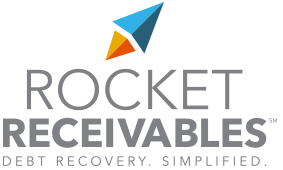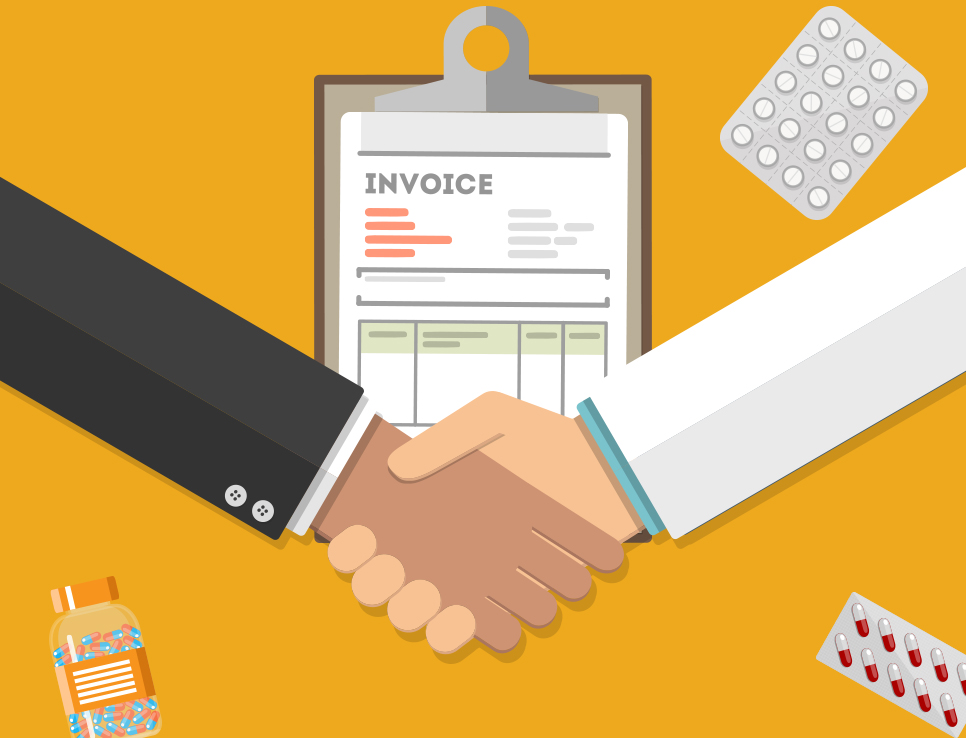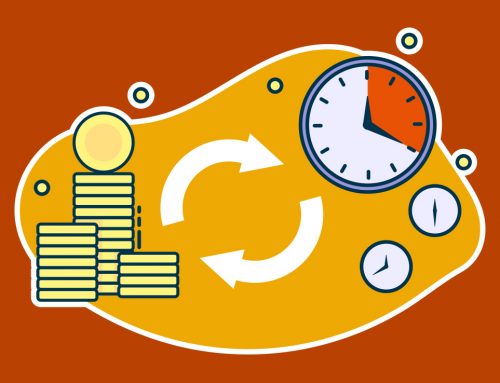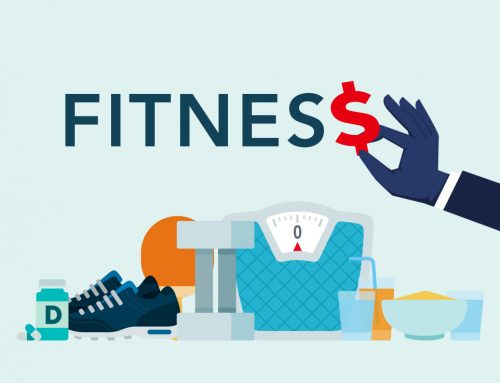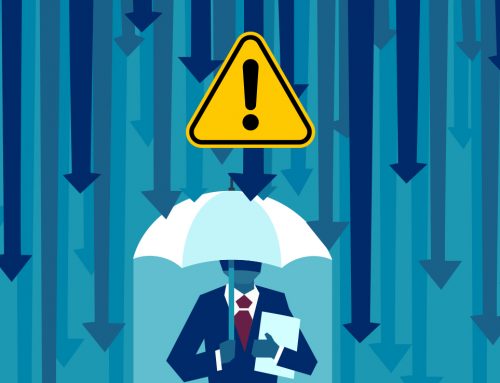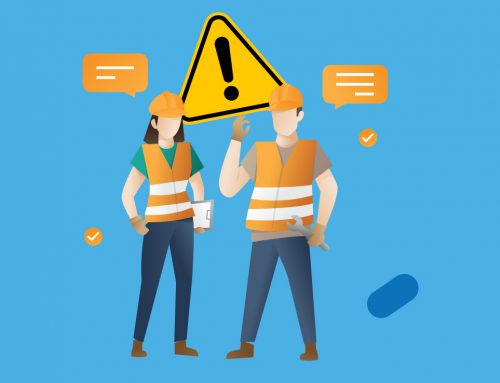Ambulatory care centers face unique challenges in the healthcare space.
Ambulatory care centers live in a competitive space within the healthcare field. Depending on the specialty care provided, these stand-alone centers compete with larger hospitals as well as specialty private practices.
The benefit of these models for patients is that they have many choices when seeking outpatient surgeries or other treatments. But ambulatory care as a subset of healthcare suffers from all the challenges of any small business including when to seek out the assistance of a third-party debt recovery firm.
This article will look at some of the challenges facing ambulatory care centers and discuss when a collection agency may be the best option for patient debt recovery.
Healthcare Challenges in the Ambulatory Space
Ambulatory care can actually encompass a broad range of services, from wellness or rehabilitation to diagnosis, treatment, or other types of care. These stand-alone clinics can be solo or independent, doctor or investor-owned, or part of a health system. Hospitals frequently divert same-day surgeries to these facilities for lower-cost care efficiencies.
While ambulatory care centers are becoming more popular as a less-costly way to provide treatment at a time when costs are skyrocketing, these facilities often struggle to balance their books. Becker’s Hospital Review lists some of the challenges of ambulatory care centers. They include:
- These facilities often struggle to attract physicians, especially when competing against hospitals.
- Technology challenges are common, especially when the ambulatory care center is attempting to integrate data with other facilities.
- Solo ambulatory care centers can struggle to attract patients from big hospitals competitors.
Another big issue with these facilities is one that faces every healthcare institution – debt recovery.
An increase in high deductible premiums has had a corresponding impact on debt recovery.
Ambulatory Accounts Receivables and Debt Recovery
National Public Radio (NPR) reports that medical debt is the number one reason a collection agency contacts consumers. Medical debt is an increasing problem in the United States, and the NPR article states that it has touched people with insurance. The issue is the increase of high deductible insurance policies where consumers are faced with out-of-pocket costs that extend far beyond the traditional co-pay of $20 or $50. A high deductible plan could be three to 10 times higher than the traditional copay.
This is increasingly problematic; a recent report says 41% of Americans say they would not be able to pay even a $400 emergency medical expense without borrowing money.
Non-profit hospitals are required to provide charity care to patients that fit their guidelines. They are also required to limit the amount uninsured patients are charged while limiting aggressive billing and debt recovery. However, for-profit ambulatory care centers are not required to follow these rules. But this leaves these clinics on the hook for conducting debt recovery from their patients. Where does this leave the doctor/patient relationship when an account has drifted into arrears?
When to Use a Collection Agency?
The increase in high deductible plans means that ambulatory care centers will need to improve their debt recovery practices. Rocket Receivables frequently partners with healthcare providers to conduct debt recovery to improve A/R. Our expertise improves your recovery effort, lessens the cost to collect, and does it in a way that does not harm the patient relationship. To buy now or find out more, contact us.
